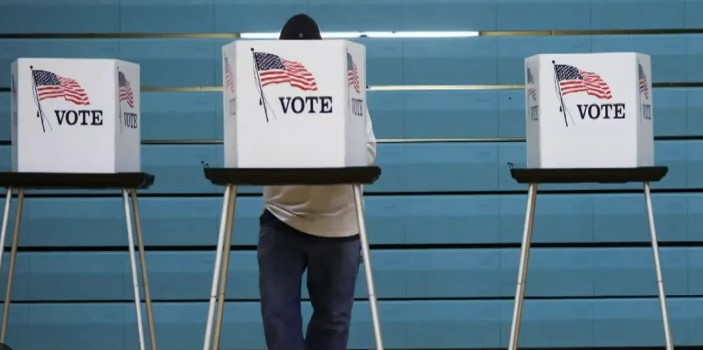The 2024 election will already be impacted by artificial intelligence in ways that may change how campaigns are conducted and how voters are informed — or misled.
Why it matters: Using AI in politics is completely unregulated. Both political parties’ operatives are using technology to more effectively identify donors and voters as well as to produce images and videos warning of the dangers of “deepfake” messages that could mislead voters.
“If 2008 and 2012 were the Facebook elections, this will be the AI election,” said Tom Newhouse, vice president of digital marketing at Convergence Media, a Republican company that employs AI. “But it’ll be massively more disruptive.”
“I would be willing to bet that the ‘October surprise’ next year is from AI,” he said, referring to the possibility of a game-changing event or revelation just before the November elections.
Zoom in: AI programs are being used for various tasks in just-launched 2024 campaigns, most notably for advertising but also for time-consuming research and office work.
Immediately after President Biden announced his re-election campaign, the Republican National Committee released an AI-generated video with a series of fictitious images showing a dystopian, chaotic America under a Biden second term.
The video included scenes from an imaginary Biden and Kamala Harris victory party on election night that contorted their faces and applied ominous shadows throughout.
Digital firms retained by campaigns are using machine learning to figure out when’s best to send text messages to voters, and enlisting AI to quickly identify soundbites from long videos — freeing up staffers and contractors for other work.
One Democratic pollster told Axios he asked ChatGPT to write a first draft of a gubernatorial candidate’s biography, a task that would have taken him about 45 minutes. It took ChatGPT just a few seconds.





